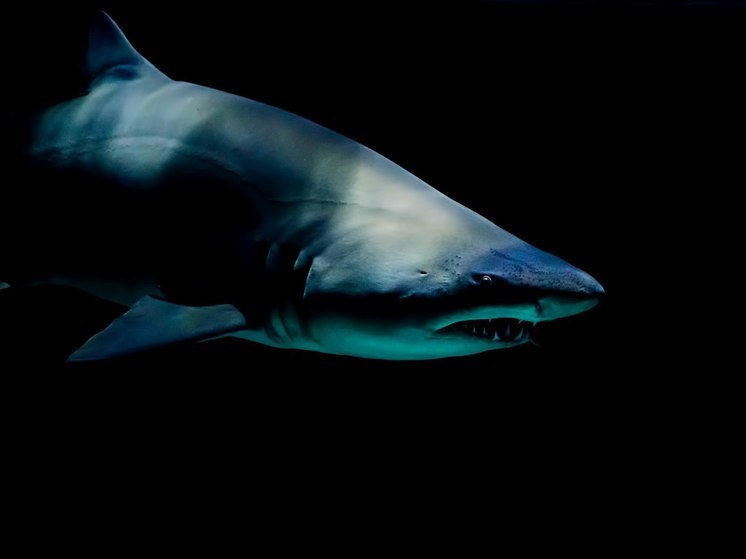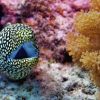The drug may have entered the animals' bodies through smugglers
Wild sharks off the coast of Brazil have tested positive for cocaine, scientists say. Recent studies show that illegal drug use by humans is harming marine flora and fauna.

Wild sharks off the coast of Brazil have tested positive for cocaine, according to a new study by Brazilian scientists, the latest in a series of studies designed to show how human illegal drug use is harming marine life, The Guardian reports.
According to the study, titled «The Cocaine Shark,» published in the journal Science of the Total Environment, scientists dissected the bodies of 13 dwarf sharks (Rhizoprionodon lalandii) caught in a net by fishermen off a beach in Rio de Janeiro.
All 13 sharks tested positive for the drug, The Guardian reports.
Previous studies have found cocaine in river, sea and sewage water, and traces of the drug have also been found in other marine life, such as shrimp.
A separate study recently found that high levels of cocaine residues were causing «serious toxicological effects» in animals such as brown mussels, oysters and eels in Santos Bay in Brazil's Sao Paulo state.
But the concentrations found in the Rio sharks were 100 times higher than in other marine animals, the researchers said.
How the cocaine ended up in the sharks remains a mystery, The Guardian notes.
There are several theories, including that the drug was released into the sea during transhipment or dumped by smugglers trying to evade authorities.
Brazil does not produce much cocaine but is a major exporter, with powerful street gangs such as First Capital Command (PCC) sending tonnes of the drug in shipping containers to Europe, The Guardian points out.
Another possible explanation is that the cocaine was carried into the sea by sewage and from there was picked up by sharks.
“Regardless of where the drug came from, which is still impossible to determine,” the results show that cocaine is widely traded and moved in Brazil,” said study coordinator Enrico Mendes Saggioro of the Oswaldo Cruz Institute.“Cocaine has a short half-life in the environment… so if we found it in an animal like this, it means there is a lot of drug entering the biota,” the researcher commented.“In other studies, I have found cocaine in rivers flowing into the sea off Rio, but it was a surprise to me to find it in sharks, and in such large quantities,” said Saggioro.
Another concern is that the dabbling shark is a common part of the Brazilian diet, raising the possibility that cocaine residue could migrate from the fish to humans.
«We don't know what effect this could have on humans, and that should be the subject of future research. But it's a warning nonetheless,» the researcher said.




















































Свежие комментарии